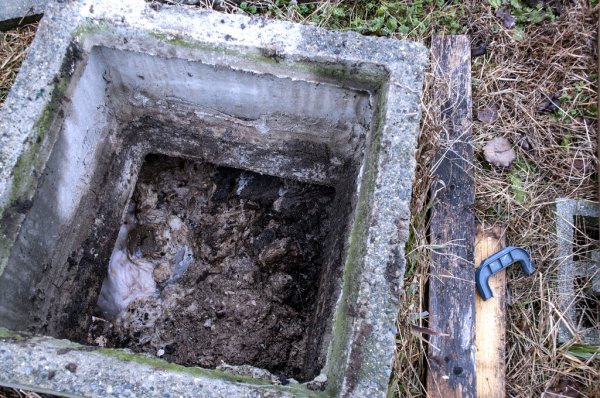In the realm of environmental sustainability, sustainable sanitation emerges as the next frontier in fecal matter treatment, addressing critical challenges while promoting ecological balance and human well-being. As societies strive to manage fecal waste responsibly, innovative approaches and technologies are paving the way for a future where sanitation practices prioritize resource recovery, ecosystem health, and community resilience. Join us as we explore the evolution of sustainable sanitation and its role as a catalyst for positive change in fecal matter treatment.
Understanding Fecal Matter Treatment
Fecal matter treatment encompasses the processes involved in managing human and animal waste to mitigate environmental contamination and public health risks. Traditionally, this aspect of sanitation has focused on waste disposal, but modern approaches embrace sustainable practices that emphasize resource recovery, nutrient recycling, and ecological stewardship.
The Imperative of Sustainable Sanitation
Sustainable sanitation is driven by the recognition of the interconnectedness between sanitation, environment, and human health. Inadequate sanitation practices can lead to water pollution, soil degradation, and the spread of diseases, posing significant threats to ecosystems and communities. Sustainable sanitation seeks to address these challenges through holistic solutions that prioritize environmental protection, resource conservation, and public health.
Innovations in Sustainable Fecal Matter Treatment
Recent innovations in sustainable fecal matter treatment are reshaping the landscape of sanitation practices:
- Decentralized Treatment Systems: Decentralized treatment systems, such as composting toilets, biodigesters, and vermifiltration units, provide on-site solutions for fecal waste management in areas lacking centralized sewage infrastructure. These systems minimize the environmental impact of sanitation while producing valuable resources like compost and biogas.
- Resource Recovery Technologies: Advanced resource recovery technologies, including anaerobic digestion, nutrient extraction, and biochar production, enable the recovery of valuable resources from fecal waste. By transforming waste into energy, fertilizers, and soil amendments, these technologies promote circular economy principles and reduce reliance on external inputs.
- Ecological Remediation Techniques: Ecological remediation techniques, such as wetland filtration, phytoremediation, and bioaugmentation, harness the natural processes of ecosystems to treat fecal waste and restore ecological balance. These approaches enhance biodiversity, improve soil fertility, and promote the regeneration of degraded environments.
- Smart Sanitation Solutions: Smart sanitation technologies, such as sensor-based monitoring systems and remote data analytics, enable real-time monitoring of sanitation infrastructure and resource usage. These technologies enhance operational efficiency, optimize resource allocation, and support evidence-based decision-making in fecal matter treatment.
Advantages of Sustainable Sanitation
Embracing sustainable sanitation offers a multitude of benefits:
- Environmental Protection: Sustainable sanitation practices minimize environmental pollution, conserve natural resources, and promote ecosystem health and resilience.
- Resource Efficiency: By recovering valuable resources from fecal waste, sustainable sanitation reduces waste generation, lowers environmental footprint, and promotes resource efficiency.
- Public Health Promotion: Effective fecal matter treatment prevents the spread of waterborne diseases, protects public health, and ensures access to safe and clean water sources for communities worldwide.
- Community Empowerment: Sustainable sanitation solutions empower communities to manage their sanitation needs locally, fostering self-reliance, resilience, and social inclusivity.
Conclusion: Forging a Sustainable Future
In conclusion, sustainable sanitation represents a transformative approach to fecal matter treatment, offering solutions that address environmental, social, and economic challenges in sanitation practices. By embracing innovation, collaboration, and holistic thinking, we can build a future where sanitation is not only a basic human right but also a driver of sustainable development and ecological harmony. As we continue to advance the frontier of sustainable sanitation, we pave the way for a world where every individual has access to safe, dignified, and environmentally responsible sanitation services.


